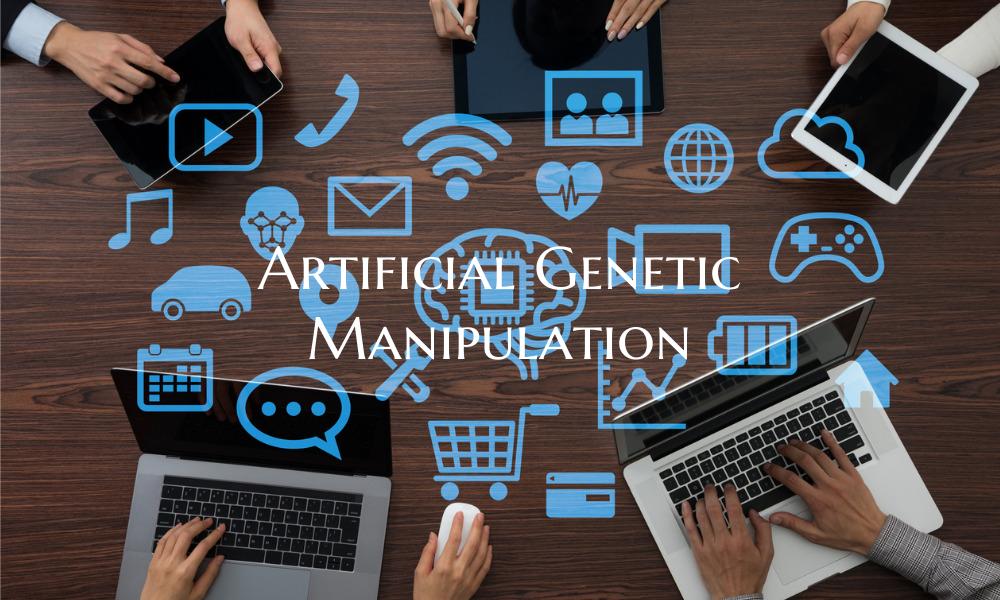Artificial Genetic Manipulation
Artificial genetic manipulation has emerged as a powerful tool in the realm of biotechnology, offering both unprecedented opportunities and raising profound ethical questions. At the intersection of science and ethics, this cutting-edge technology allows scientists to manipulate the genetic makeup of organisms, bringing forth a new era that holds promises of therapeutic breakthroughs, improved agricultural practices, and potential gene editing to eradicate genetic disorders.
One of the key areas where artificial genetic manipulation is making significant strides is in the field of medicine. Scientists are exploring the use of gene editing techniques to treat genetic diseases by correcting faulty genes responsible for various conditions. This revolutionary approach offers hope for individuals suffering from previously untreatable genetic disorders, paving the way for personalized medicine tailored to a patient's unique genetic makeup.
In agriculture, artificial genetic manipulation holds the potential to enhance crop productivity, increase resistance to pests and diseases, and improve nutritional content. By selectively editing the genes of crops, scientists can create varieties that are more resilient to environmental stressors and better suited to meet the food demands of a growing global population. However, concerns have been raised about the possible environmental impacts and long-term consequences of genetically modified crops.
Despite its potential benefits, artificial genetic manipulation also raises complex ethical dilemmas. Questions surrounding the moral implications of manipulating the genetic code of organisms, the risk of unintended consequences, and the potential for genetic discrimination pose significant challenges that must be carefully considered. Striking a balance between scientific progress and ethical considerations is essential to ensure that artificial genetic manipulation is used responsibly and ethically.
As artificial genetic manipulation continues to advance, it is crucial for scientists, policymakers, and society as a whole to engage in informed discussions about the ethical, legal, and social implications of this technology. By fostering dialogue and promoting transparency, we can navigate the complexities of artificial genetic manipulation and harness its potential for the betterment of humanity while upholding ethical standards and safeguarding against potential risks.

